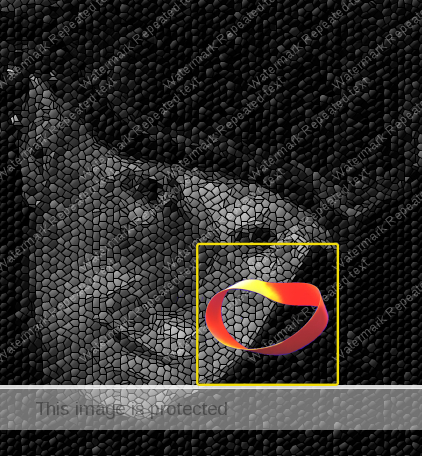Header image: KF personal pic, mosaicked
[writing in progress]
The Irish do have a despairing quality of gaiety, but they have also a dour and brooding ghost that rides on their shoulders and peers in on their thoughts. Let them laugh too loudly, it sticks a long finger down their throats. They condemn themselves before they are charged, and this makes them defensive always.
― John Steinbeck, East of Eden
This page is connected to the self-work I’ve been doing over the last 6 years, but so it’s also connected to my “enduring Irishness” as it relates to being Irish and be(com)ing Canadian.
Dr. Garret O’Connor
(Sept 11, 2015) Remembering Dr. Garrett O’Connor, an Addiction Treatment Pioneer
https://www.irishamerica.com/2015/09/remembering-dr-garrett-oconnor-an-addiction-treatment-pioneer/
Cultural malignant shame, characterized by chronic fear, suppressed rage, self-loathing, procrastination, low self-esteem, false pride and a vulnerability to use alcohol as remission for suffering – past and present.
(Jan, 2012) Breaking the Code of Silence: The Irish and Drink
https://www.irishamerica.com/2012/01/breaking-the-code-of-silence-the-irish-and-drink/
- Even if genocide was not consciously intended, the forced migration during and after the famine of two million Irish Catholics to North America and elsewhere in the world jeopardized the nation’s future by destabilizing the intellectual, cultural, and political life of the country.
- What awaited these emigrants in the land of promise was poverty worse than anything they had known in Ireland and a seemingly impenetrable wall of racial prejudice and religious discrimination.
- In North America, alcoholism and chronic drunkenness took a frightful toll on the Irish immigrants in terms of economic failure, pathological family relationships, intimate and public violence, and crime.
- An attack of tuberculosis when I was 12 was treated at home with bed rest for eight months and up to three pints a day of Guinness’ Stout. At first, I hated the taste of the bitter black liquid and would often throw it down the toilet. But gradually I developed cravings for the relaxing effect of the alcohol – so much so that I took to searching the house for places where I thought my mother might have concealed her clandestine bottles of cheap South African sherry.
- This uniquely Irish treatment for TB launched me on the path to hard drinking by the age of 18, and to full-blown alcoholism by the time I was 27 or 28.
O’Connor, G. (2010). The role of malignant shame in the rise and fall of the Celtic Tiger. [Speech audio recording]. Raidió Teilifís Éireann: Michael Littleton Memorial Lecture 2010. https://www.mixcloud.com/rté-radio1specials/michael-littleton-memorial-lecture-2010/
O’Connor, G. (1995). Recognising and healing malignant shame. [Unpublished but available on the internet].
(Apr 28, 2024) Hollywood star hints about making a film about Mayo woman
https://www.con-telegraph.ie/2024/04/28/hollywood-star-hints-about-making-a-film-about-mayo-woman/
- Sister Ignatia https://en.wikipedia.org/wiki/Sister_Ignatia
(Oct 15, 2022) A time when the Irish were not welcome
https://www.advertiser.ie/galway/article/80454/a-time-when-the-irish-were-not-welcome
- Not only were people fleeing a terrible famine but were humiliated by the contempt they had been shown at home. The English government, who believed that the Irish poor had brought the catastrophe upon themselves, prompted it to contribute a derisory £7 million for famine relief.
- The mainly Irish speaking emigrants were deeply resented in Britain, for exactly the same reasons you hear expressed today. Emigrants will jump the queue for housing (though at the time there was little or no public housing ), and will work for low pay, thus distorting the money market, and keeping wages low.
- The image of the ‘famine ships’, and their wreckage along the Newfoundland coast, have all the echos of the wicked exploitation by the ‘people smugglers’ of today. The plight of the hundreds of thousands of Syrians trailing through eastern Europe with their children on their backs; the desperate plight of those crossing the Mediterranean in the flimiest of boats, or stuffed into trucks moving through Europe, fill our newspapers and TV screens every evening. Many of whom, having paid their money, have been deserted by the criminal gangs taking advantage of their vulnerability. Hundreds have died in the attempt.
- ‘Undeserving Paddy’
O’Loughlin, M. (2012). Trauma trails from Ireland’s Great Hunger: A psychoanalytic inquiry. In Willock, B., Curtis, R. & Bohm, L. (Eds.). Loneliness and Longing: Conscious & Unconscious Aspects. New York: Routledge

